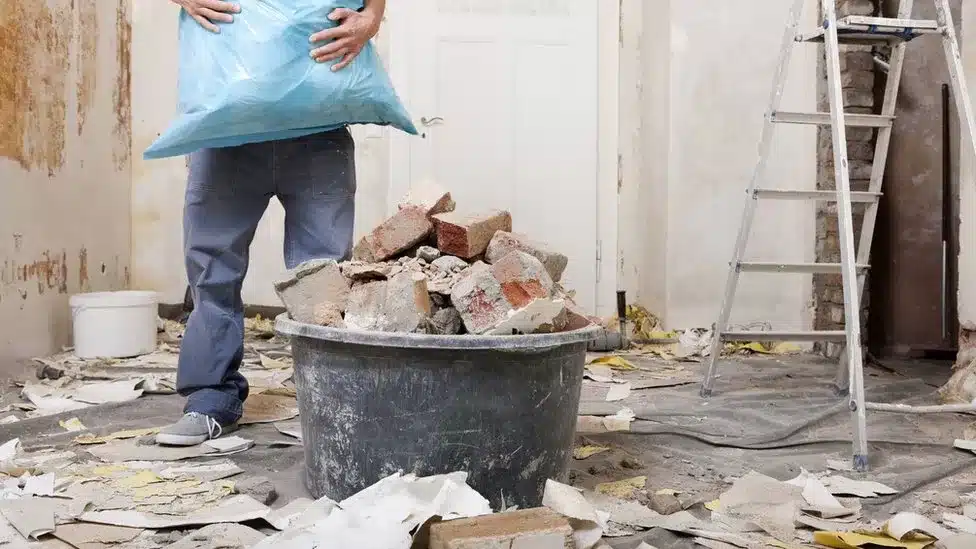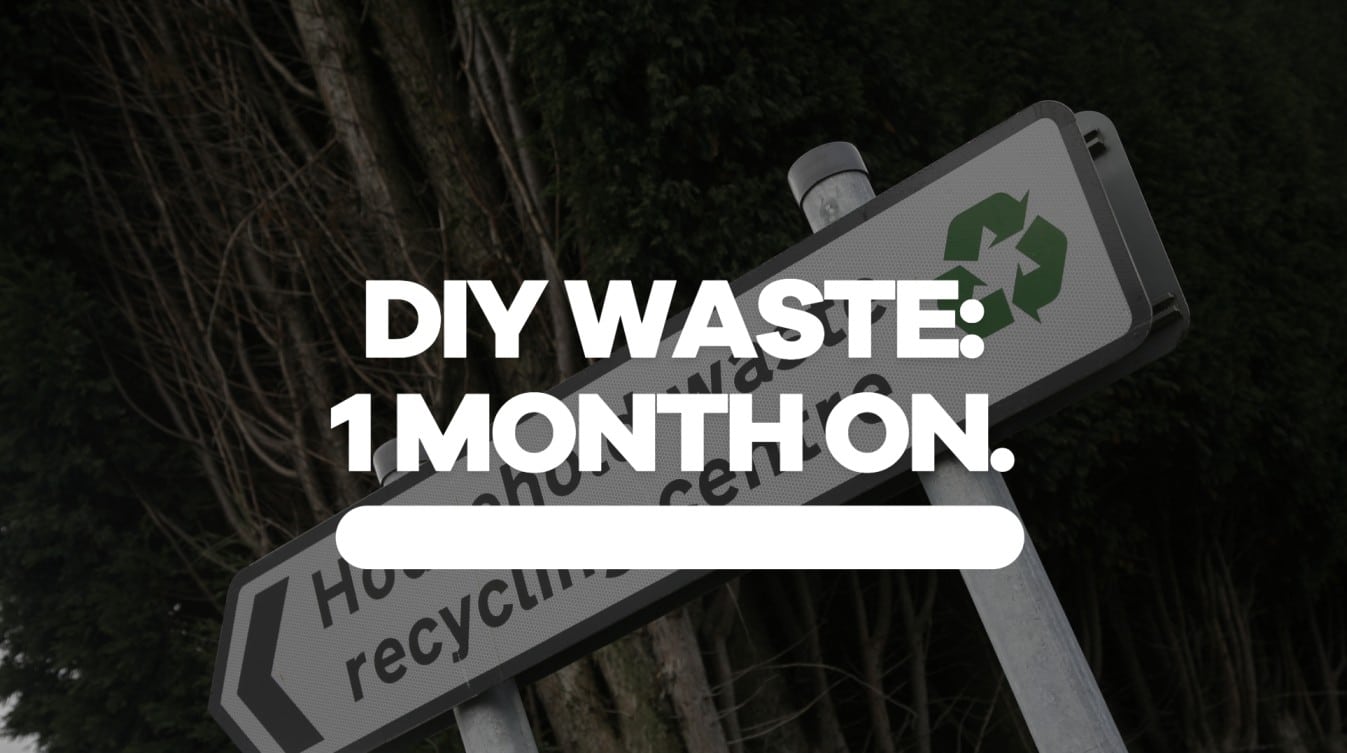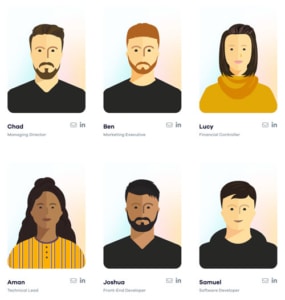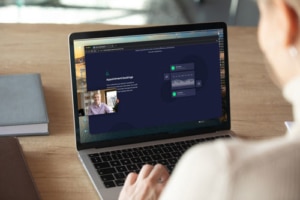Bookings are here to stay at the Smugglers Way Household Waste & Recycling Centre.
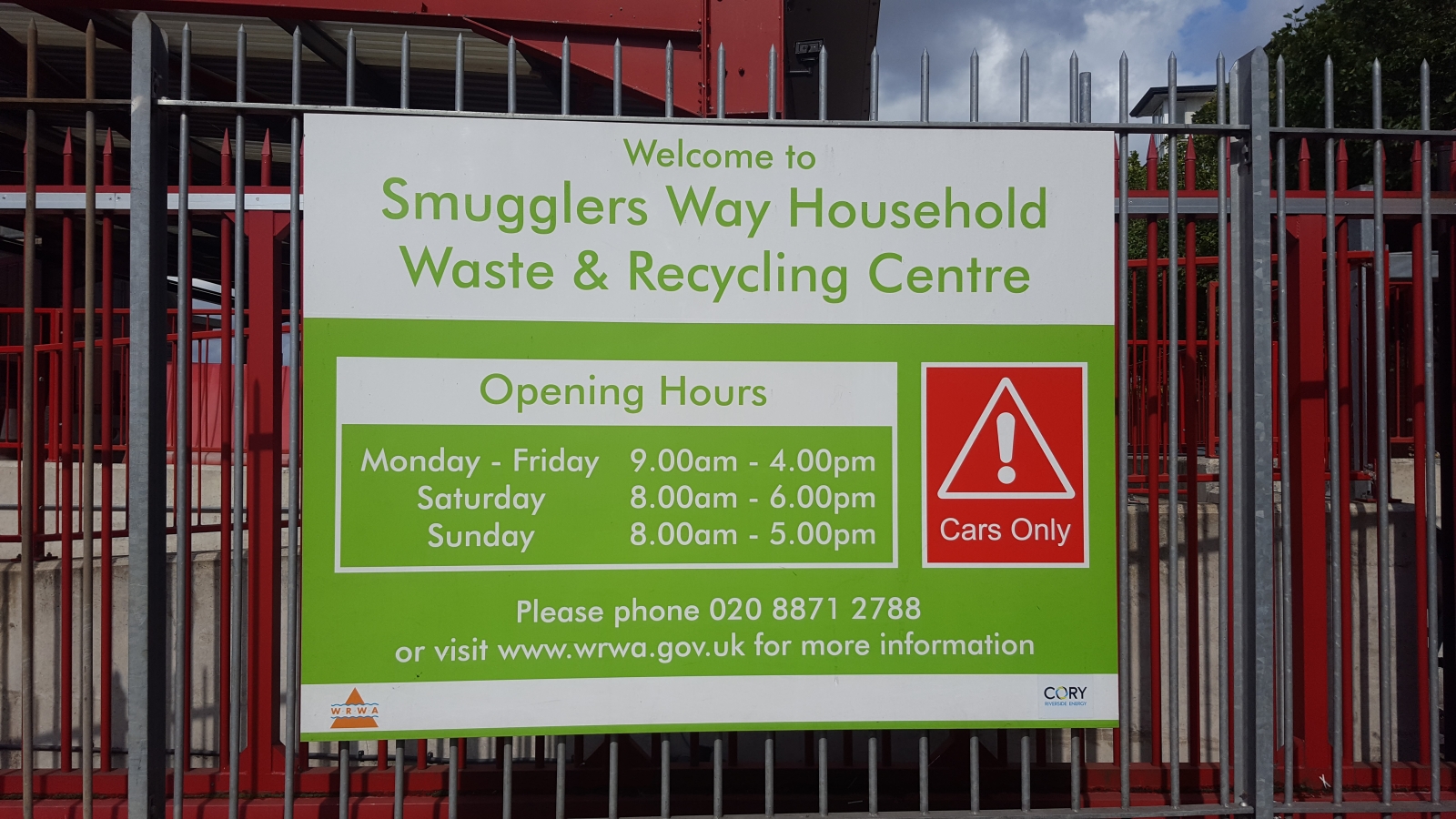
Following a successful 6-month trial period, Western Riverside Waste Authority (WRWA) have agreed on a multi-year contract with bookinglab to retain their booking system.
The Smugglers Way Household Waste & Recycling Centre is one of the busiest sites in the UK, serving 518,000 households from across: Hammersmith & Fulham, Kensington & Chelsea, Lambeth, Wandsworth, and Westminster.
With over 1,000 visitors a day, WRWA decided to trial a booking system - with integration to ANPR - in an attempt to:
- Reduce queues (which, at times, tailed back over a quarter of a mile)
- Stop non-resident site usage and reduce costs
According to this report — over the 6-month trial period, the bookinglab system did just that.
Out of 5,762 respondents:
- 97% said that they didn’t need to queue before entering the site
- 98% said it was easy to make/amend a booking
- 61% wanted to retain the booking system, and only 12% wanted to revert to the old approach
What’s more, the amount of waste disposed of at the Smugglers Way Recycling Centre dropped by 7% (760 tonnes) — saving WRWA an estimated £200,000 a year.
Based on the above, the Authority’s members voted to retain the booking system on the 29th of September 2021.
Much to the delight of the Chairman of the Riverside West Residents Association, who said that:
"From the residents I've spoken to, the trial has been an overwhelming success, with far less noise from cars on the road, less pollution, fewer queues blocking our entry/exit to the car park and much more perceived control."
How has the booking system helped WRWA stop service misuse?
In 2019 alone, over 27,000 non-residents dumped waste at the Smugglers Way Recycling Centre — costing WRWA £133,000. Interestingly, following the introduction of a booking system, the overall tonnage of waste delivered to Smugglers Way dropped by 760 tonnes, saving taxpayers an estimated £200,000.
In this report, WRWA attributes this reduction to its booking system minimising the number of non-residents using the site.
But how exactly have WRWA used booking technology to reduce site misuse?
1. By setting unique booking rules to stop non-residents from entering the site:
Residents are now unable to enter the Smugglers Way Recycling Centre without a booking. To make a booking, visitors must fill in a series of required fields, including their address, contact details and number plate. If they enter an address from outside the catchment area, they cannot finalise their booking. Likewise, if a visitor turns up on-site and their details do not match those provided, then (in most cases) they will be denied entry by site staff.
2. By integrating booking technology with on-site ANPR cameras:
Here’s how it works: visitors arrive on site, and the ANPR cameras capture their number plate information. If there is a record of a valid booking for that vehicle, the resident can enter the site. However, if the visitor hasn't booked, is using the service too frequently, or is flagged as being banned — site staff will be alerted by the ANPR system.
Chad Duggan, CEO of bookinglab, states that:
"This solution is a great example of how booking technology can work alongside operational systems to deliver enormous value. In this case, we extended our capabilities to automate the data exchange between the booking system and on-site ANPR cameras. Importantly, this has provided site staff with real-time information - helping them prevent service misuse by validating whether a visitor resides within the boroughs served."
How has the booking system helped WRWA reduce off-site queuing?
Before the roll-out of a booking system, it was not uncommon to see queues of up to a quarter of a mile at the Smugglers Way Recycling Centre.
Unsurprisingly, in this report - Mark Broxup (General Manager at WRWA) details that the disruption caused by recycling-related traffic congestion had resulted in growing frustration from visitors, residents, and local businesses.
Hence, the Authority state that “one of the main aims of the booking system trial was to reduce queuing [and limit traffic build-up in the local area].”
Interestingly, post-roll-out, WRWA state that they have been able to reduce off-site queueing by controlling site usage and redistributing visits. In fact, in a recent survey Eventure found that since implementing a booking system, 97% of visitors have not needed to queue before entering the site.
But how exactly have WRWA used booking technology to reduce off-site queuing?
Step 1: Initially, WRWA knew that their centre could accommodate 60 cars on-site, with 24 available recycling bays – meaning that if 84 slots were available, every 30 minutes, then there would be no need for visitors to queue off-site (even if all the visitors arrived at the same time).
Step 2: By collecting data from their booking system, WRWA has been able to better understand previous usage trends and optimise their appointment structures on a day-by-day, hour-by-hour basis, rather than using a one-size-fits-all approach. Importantly, this has helped to increase site efficiency and improve resource allocation.
Mark Broxup, General Manager at WRWA, adds that:
"From the trial, we wanted to achieve two things. Our first objective was to control site usage and redistribute visits. Our second was to reduce the material delivered to the centre by stopping non-resident site usage. In the 6-months the system was in place, we achieved all of this (and more). Based on these results and various visitor satisfaction surveys, our members voted to keep the system in place long-term."
The future of Household Waste & Recycling Centres?
In this report, WRWA state that their booking system is “possibly the only one in the country integrated with an ANPR system.” They also say that by integrating bookings with on-site ANPR cameras, they can offer same-day appointments as they don’t need to dedicate staff to manually checking registration numbers on-site.
What’s more, they also note the following benefits:
- A better understanding of the types of materials residents are disposing of
- A better understanding of the average duration of stay
- New and improved ways to communicate with residents
- Better and less costly visitor feedback
So, based on WRWA’s usage of this integration — do you think booking systems and ANPR cameras will become the new norm when visiting Household Waste & Recycling Centres?
We’d love to hear your thoughts.
